Melanoma
E302: International Survey on Evidence for Index Lymph Node (ILN) Surgery Following Neoadjuvant Systemic Therapy (NST) for Stage III Melanoma
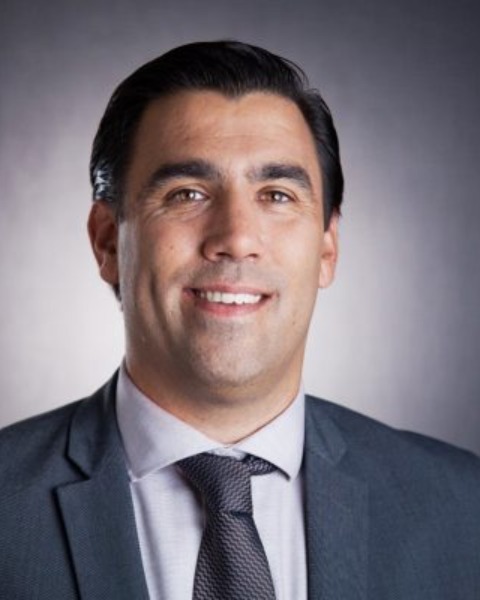
Alexander C.J van Akkooi, MD, PhD (he/him/his)
Surgical Oncologist
Melanoma Institute Australia / University of Sydney, Faculty of Medicine and Health / Royal Prince Alfred Hospital, Department of Melanoma and Surgical Oncology
Sydney, New South Wales, Australia
Alexander C.J van Akkooi, MD, PhD (he/him/his)
Surgical Oncologist
Melanoma Institute Australia / University of Sydney, Faculty of Medicine and Health / Royal Prince Alfred Hospital, Department of Melanoma and Surgical Oncology
Sydney, New South Wales, Australia
Alexander C.J van Akkooi, MD, PhD (he/him/his)
Surgical Oncologist
Melanoma Institute Australia / University of Sydney, Faculty of Medicine and Health / Royal Prince Alfred Hospital, Department of Melanoma and Surgical Oncology
Sydney, New South Wales, Australia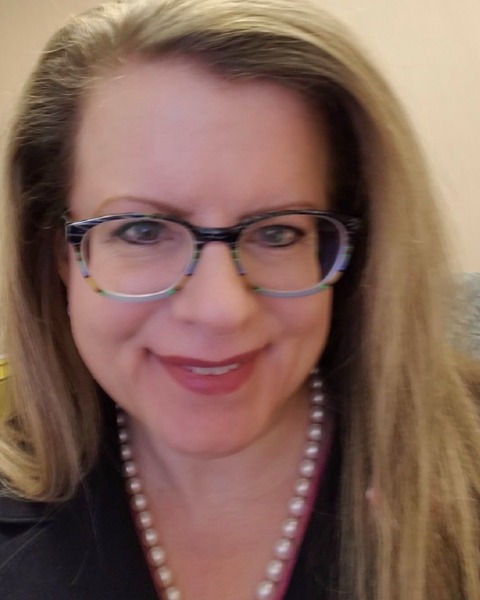
Tina J. Hieken, MD
Professor of Surgery
Mayo Clinic
Rochester, Minnesota, United States- RA
Rodabe Amaria, MD
Melanoma Medical Oncology
MD Anderson Cancer Center, United States - PA
Paolo A. Ascierto, MD BC
Director of Department Melanoma, Cancer Immunotherapy and Development Therapeutics
National Tumour Institute “Fondazione G. Pascale”, Italy - CB
Christian Blank, MD PhD
Medical Oncologist
Netherlands Cancer Institute - Antoni van Leeuwenhoek, United States 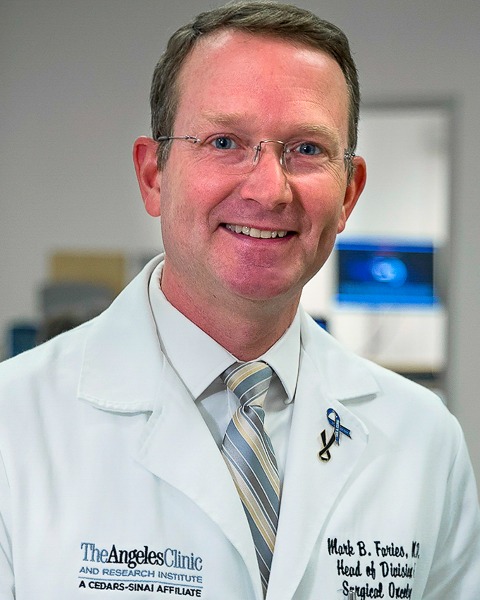
Mark B. Faries, MD (he/him/his)
Faculty
Cedars-Sinai Medical Center
Los Angeles, California, United States- DG
Dirk Grunhagen, MD PhD
Surgical Oncologist
Erasmus MC Rotterdam, United States .jpg)
David Gyorki, n/a
Consultant
Division of Cancer Surgery, Peter MacCallum Cancer Centre
Melbourne, Victoria, United States.jpg)
Andrew J. Hayes, -
Consultant Surgeon
The Royal Marsden Hospital
London, England, United Kingdom- AK
Anke Kuijpers, MD, PhD
Surgical Oncologist
Netherlands Cancer Institute, Division of Surgical Oncology, Amsterdam, The Netherlands
Ansterdam, Noord-Holland, Netherlands - GL
Georgina V. Long, BSc PhD MBBS FRACP FAHMS
Medical Director
Melanoma Institute Australia, Australia 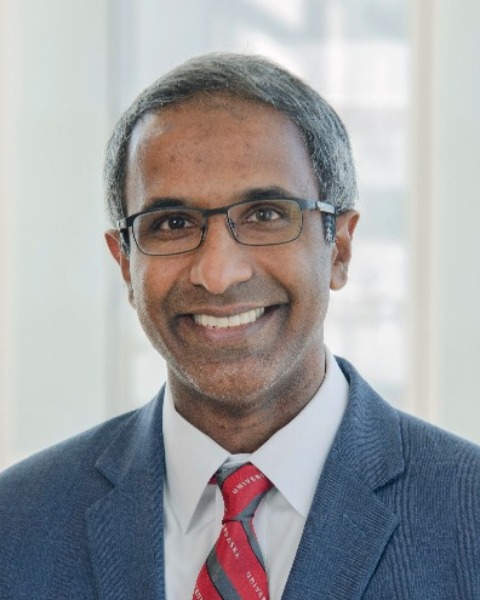
Joshua M.V Mammen, MD PhD
Professor of Surgery
University of Nebraska Medical Center
Omaha, Nebraska, United States- AM
Alexander Menzies, MBBS PhD
Medical Oncology
Melanoma Institute Australia, Australia 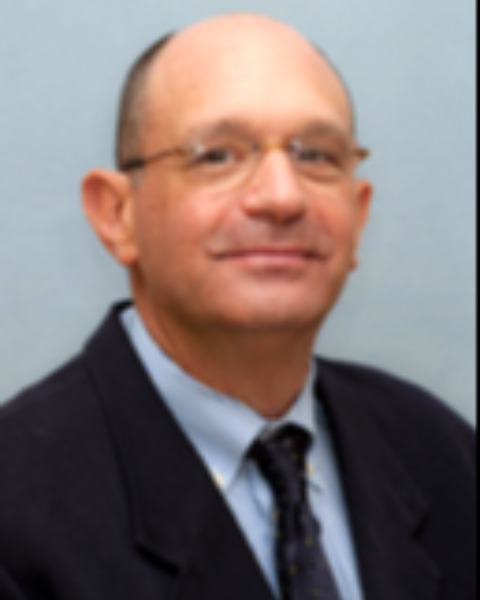
Merrick I. Ross, MD
Surgical Oncologist
MD Anderson Cancer Center
Houston, Texas, United States- PR
Piotr Rutkowski, MD, PhD
Surgical Oncologist
Department of Soft Tissue/Bone Sarcoma and Melanoma, Maria Sklodowska-Curie National Research Institute of Oncology, United States - RS
Richard Scolyer, BMedSci MBBS MD FRCPA FRCPath(UK) FAHMS
Medical Director
Melanoma Institute Australia, Australia - HT
Hussein Tawbi, MD PhD
Melanoma Medical Oncology
MD Anderson Cancer Center, Texas, United States - MT
Michael Tetzlaff, MD PhD
Dermatopathology and Oral Pathology Unit
UCSF, United States 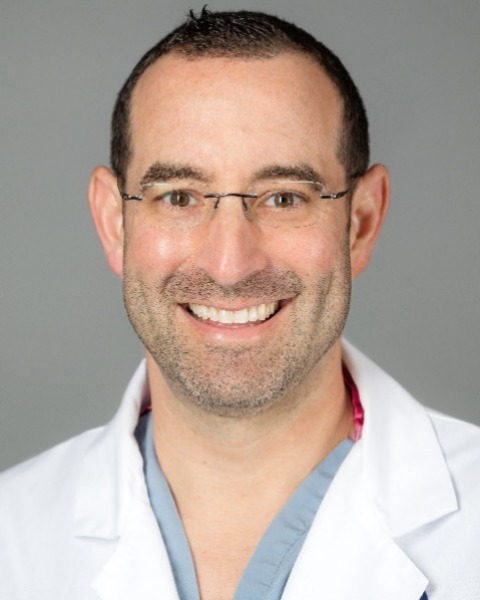
Jonathan S. Zager, MD
Cutaneous Surgeon
H. Lee Moffitt Cancer Center and Research Institute
Tampa, Florida, United States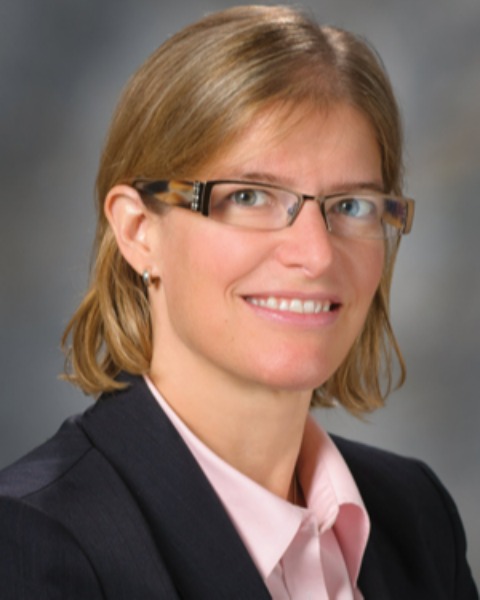
Jennifer Wargo, MD MMsC
Surgical Oncology and Genomic Medicine
MD Anderson Cancer Center
Houston, Texas, United States
ePoster Abstract Author(s)
Submitter(s)
Author(s)
: NST might soon become standard of care (SoC) for macroscopic stage III melanoma after the phase II SWOG-1801 study and ongoing phase 3 NADINA trial. However, a therapeutic lymph node dissection (TLND) was required in these trials and is considered SoC for these patients. The PRADO study examined the use of the ILN excision histopathology to tailor subsequent treatment(s); patients with a Major Pathologic Response (≤10% viable tumor cells) did not undergo TLND (or adjuvant therapy) and only 4/60 recurred after a median follow-up of 28.1 months. 3/4 recurrences were within the ILN basin and all were managed with a TLND. The INMC surgical consensus and international guidelines recognize the promise of the ILN approach but consider PRADO a proof-of-concept study that needs confirmation to alter practice. Since there is a lack of consensus on how to proceed, we designed this survey for melanoma investigators from around the world.
Methods: A survey was created in www.surveymonkey.com and reviewed by 6 local melanoma experts. After consensus on phrasing of questions and responses, the survey was formatted, and a new test version sent out to 3 international melanoma experts and 2 fellows. After subsequent final adjustments, the survey was sent on 25 May 2023 to 215 international melanoma experts and shared through other platforms. An additional 22 melanoma clinicians were contacted through a 2nd round of invitations on 1 June 2023; automatic reminders were sent to those who did not reply to the initial invitation or if responses were incomplete.
Results:
As of 10 August 2023, 117 responses were recorded (54%), Table 1 summarizes the characteristics of the respondents. Nearly all respondents were familiar with the NST data (PRADO, SWOG1801) and agreed NST will soon become SoC. There was no consensus as to whether the current evidence was sufficient to implement ILN as SoC, 49% agreed, 31% disagreed and 20% were undecided. With regard to what further evidence would be required to change practice; 66% thought a phase 3 randomized controlled trial (RCT) is needed to change practice while 33% thought a single arm phase 2 would suffice (104 respondents). After receiving additional information on the study power of the PRADO vs. OpACIN-neo analysis (21% versus 80% minimal acceptable power for practice changing trial) and information regarding a study design, 71% preferred a phase 3 RCT (n=472 MPR patients, 236 in each arm).
Conclusions:
There is a need to confirm the ILN approach in further studies. A phase 3 RCT is the preferred option.
Learning Objectives:
- Upon completion, participant will be able to describe the results from neo-adjuvant immunotherapy in melanoma
- Upon completion, participant will be able to describe the results from the survey on the evidence for Index Lymph Node (ILN) surgery after NST immunotherapy
- Upon completion, participant will be able to discuss the level of evidence needed to change current surgical practice in melanoma surgery
